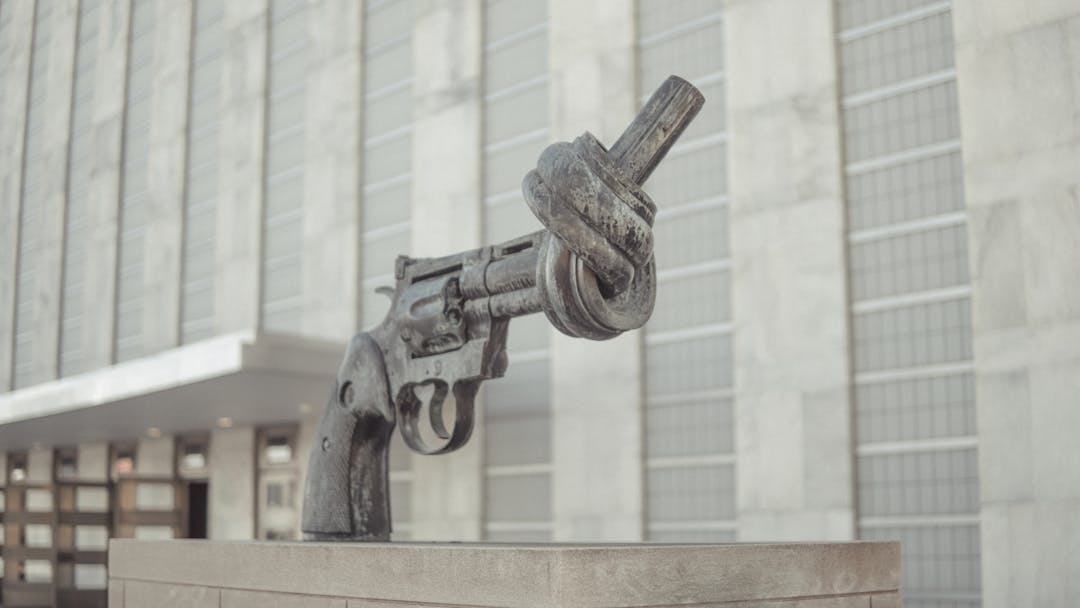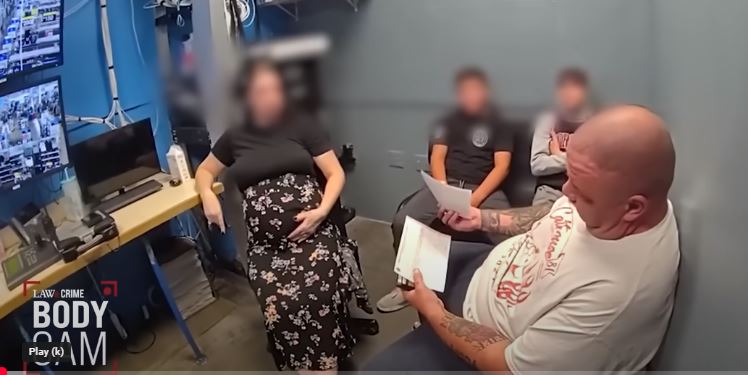Some laws in effect in 2025 "Enacted by the People of Michigan" Here we go...remember these laws can change at any moment because that's what the politicians do that you don't.Earned Sick Time Act Because everyone is sick...sometimes Read more on your own time.AN ACT...

Understanding Domestic Violence Laws in Michigan
Understanding Domestic Violence Laws in Michigan
Domestic violence is a serious issue that can affect anyone, regardless of age, income, or background. If you are experiencing domestic violence in Michigan, it’s important to know your rights and the laws that protect you. This article will explain the key points of domestic violence laws in Michigan.
What is Domestic Violence?
Michigan law defines domestic violence as a pattern of behavior used to control an intimate partner. This can include:
- Physical abuse: Hitting, kicking, shoving, grabbing, choking, or any other physical force used to harm.
- Sexual abuse: Forced sexual contact, threats of sexual violence, or any sexual activity that is not consensual.
- Emotional abuse: Yelling, threats, insults, name-calling, stalking, or any behavior that causes fear or emotional distress.
- Financial abuse: Controlling finances, preventing access to money, or sabotaging your ability to work.
Who is Protected by Domestic Violence Laws?
Michigan’s domestic violence laws protect a variety of relationships, not just spouses. You can seek protection under these laws if you have been in an intimate relationship with the abuser, even if you never lived together or were not married. This includes:
- Spouses or former spouses
- Dating partners or former dating partners
- People who have a child together, even if they were never romantically involved
What are the Different Types of Domestic Violence Charges?
The severity of the domestic violence crime will determine the charges filed. Here’s a breakdown of some common charges:
- Domestic Assault: This is the most common charge for domestic violence. It can include causing physical harm, fear of harm, or offensive physical contact. A first offense is typically a misdemeanor punishable by up to 93 days in jail and a fine of $500.
- Aggravated Domestic Assault: This is a more serious charge that applies when the abuser causes serious injuries (requiring medical attention) or uses a weapon. A first offense can be either a misdemeanor or a felony, depending on the severity of the abuse. Penalties can range from one year in jail and a $1,000 fine to five years in prison and a $5,000 fine.
- Stalking: Repeatedly following, harassing, or threatening someone can be considered stalking. This is a criminal offense, and penalties can vary depending on the circumstances.
Protection Orders
A personal protection order (PPO) is a court order that prohibits the abuser from contacting you or coming near you. It can also order the abuser to leave your home and give you temporary custody of your children.
There are two main types of PPOs in Michigan:
- Emergency PPO: A law enforcement officer can issue this temporary order if they believe you are in immediate danger. It lasts for up to 72 hours.
- Regular PPO: You can petition the court for a longer-term PPO. A hearing will be held where you will have the opportunity to present evidence of the abuse. The judge will then decide whether to grant the PPO and for how long.
How to Get Help
If you are experiencing domestic violence, there are resources available to help you. Here are some steps you can take:
- Call 911: If you are in immediate danger, call 911.
- Go to a safe place: If you can safely leave your home, do so and go to a friend’s house, family member’s house, or a domestic violence shelter.
- Contact a domestic violence hotline: There are 24/7 hotlines available that can provide support and information about your options.
- Talk to an attorney: An attorney can advise you of your legal rights and help you obtain a personal protection order.



















